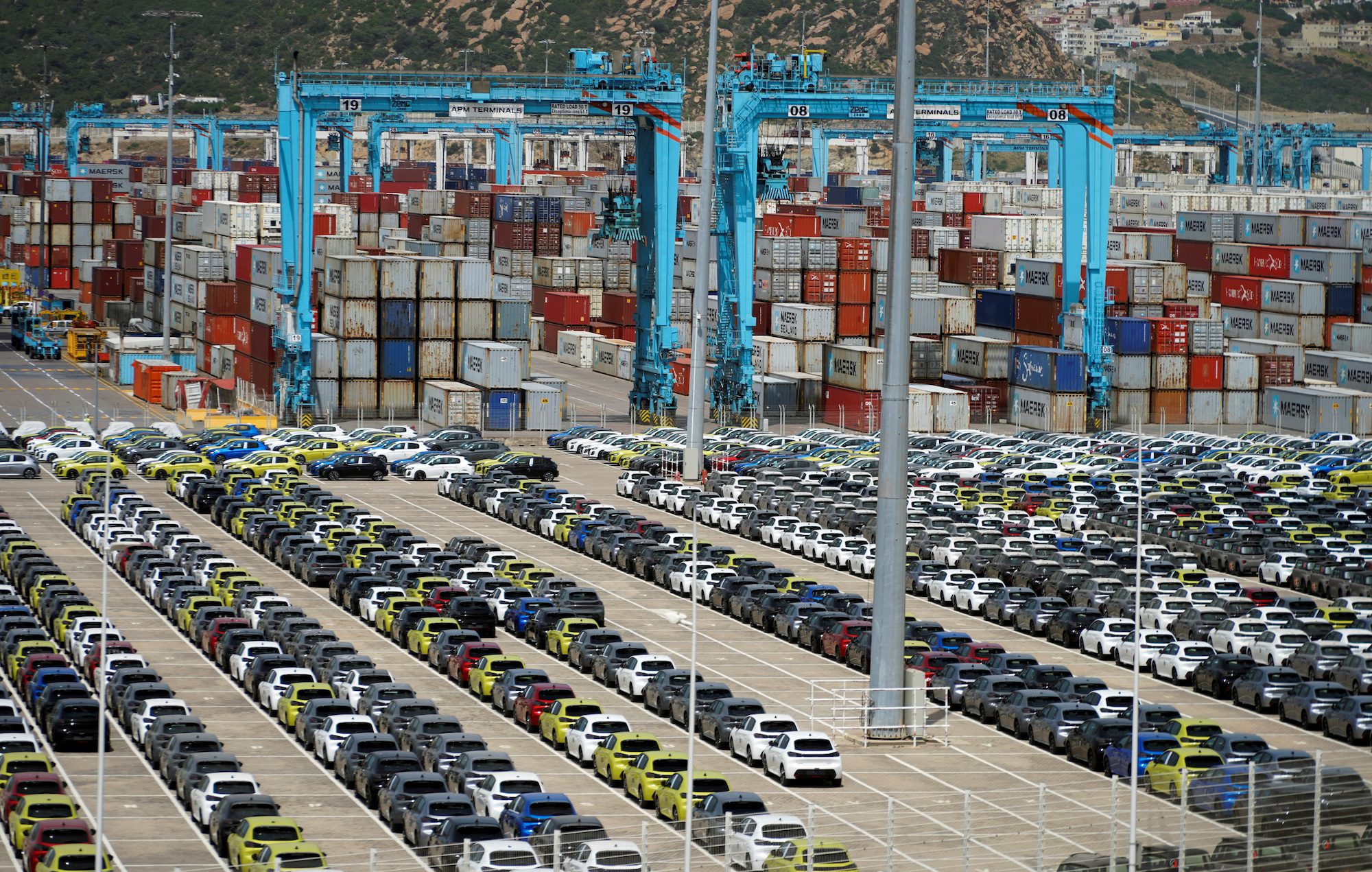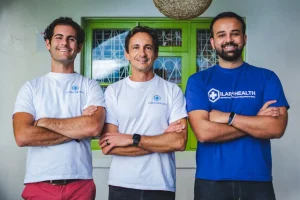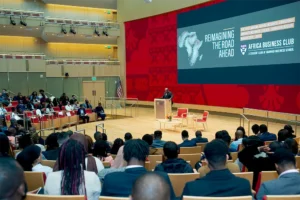New Investments
IFC and MIGA Back Morocco's Tanger Med Port Expansion with $433 Million Sustainability-Linked Financing

The International Finance Corporation (IFC) and the Multilateral Investment Guarantee Agency (MIGA), both part of the World Bank Group, have joined forces with Morocco’s Tanger Med Port Complex in a significant expansion project for its truck and passenger terminal.
This ambitious €400 million financing package, which includes a €197 million sustainability-linked loan from IFC and €203 million from a consortium of international banks led by JP Morgan, aims to solidify Morocco’s standing as a key player in regional and global trade.
The project is set to substantially boost Tanger Med’s capacity, with a goal to handle over 1 million trucks annually, a nearly twofold increase from the 477,000 trucks processed in 2023.
This financing arrangement represents Morocco’s inaugural sustainability-linked loan and is one of the pioneering deals in port infrastructure across emerging markets.
Among its sustainability objectives, the expansion focuses on increasing gender diversity and incorporating renewable energy into its operations.
Loubna Ghaleb, Board Member and Director of Strategy at Tanger Med Group emphasized the port’s vital role in Morocco’s trade dynamics, stating that the expansion will facilitate higher truck capacity, support export growth in agribusiness and industrial sectors, and strengthen Morocco’s trade connections with Europe.
MIGA’s involvement includes a non-honoring guarantee on the commercial loan, which provides up to 15 years of protection for lenders if the state-owned enterprise fails to meet its financial obligations. This ensures investor confidence and promotes further investment.
David Tinel, IFC’s Regional Manager for the Maghreb, highlighted the port’s strategic significance, noting that the project positions Morocco as a global logistics hub linking Europe, Africa, and the Americas.
He also mentioned that the expansion would attract additional investment in Morocco’s infrastructure, particularly as the country prepares for the 2025 Africa Cup of Nations and 2030 FIFA World Cup.
As Africa’s leading container port with links to 180 ports across 70 countries, Tanger Med is committed to advancing sustainability and gender equity.
Plans include increasing green energy use from solar and wind sources and enhancing climate resilience by elevating breakwaters and extending quays to support larger, eco-friendly vessels.
A focus on gender diversity is also integral to the expansion, with efforts to boost female representation in management positions.
Tanger Med’s extensive logistics zones host over 1,300 companies across sectors such as aeronautics, textiles, automotive, and agribusiness.
In 2023, these zones will generate a business volume of over USD 15 billion and support approximately 120,000 jobs.
The expansion is expected to foster job creation, boost economic development, and enhance Morocco’s trade networks.
Related Articles
Register Now
Empower Africa Times Newsletter
Share :
“We are delighted to partner with ISA to support the development of solar energy in Africa,” said Alain Ebobissé, CEO of Africa50. “This partnership will help to accelerate the deployment of solar energy in Africa and improve the lives of millions of Africans,” he added.
You may also like...

Moroccan proptech startup Agenz has secured $1.3 million pre-Series A funding
Moroccan proptech startup Agenz has secured $1.3 million pre-Series A funding.

Kenyan Healthtech Startup Ilara Health Secures $4.2 Million to Expand Access to Healthcare
Kenyan health-tech startup Ilara Health has raised $4.2 million in a pre-Series A funding round, fueled by both debt and equity investments.

African Startups Invited to Apply for Harvard’s New Venture Competition
African startups have been invited to apply for the prestigious New Venture Competition organized by Harvard Business School’s Africa Business Club.
